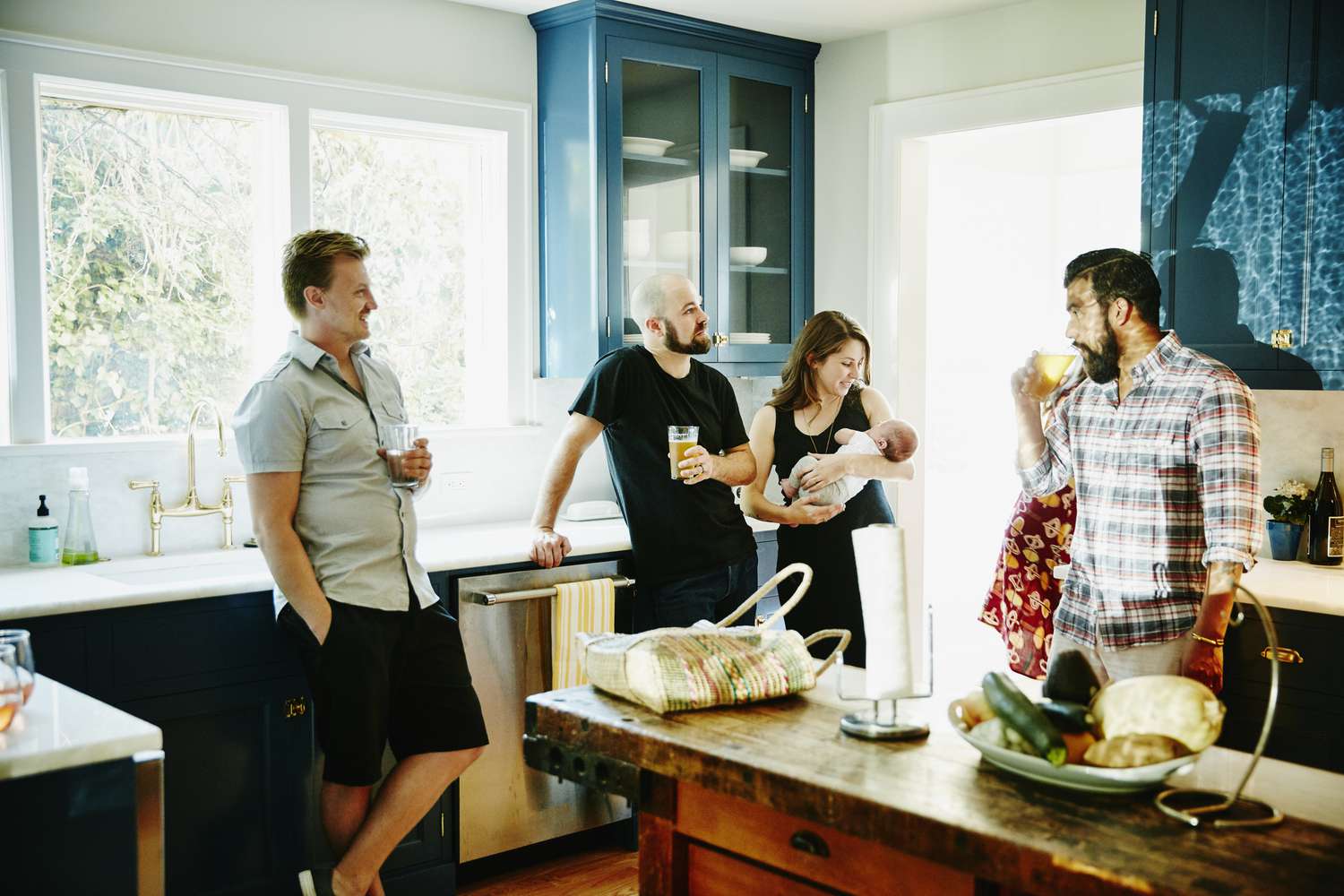11 Simple Steps to Combat the Loneliness Epidemic in the US

According to Surgeon General Vivek Murthy, MD, MBA, the U.S. is facing a loneliness and isolation epidemic, which he describes as an underappreciated public health crisis. This was a problem even before the COVID-19 pandemic, with about half of American adults reporting feelings of loneliness, leading to an increased risk of developing mental health issues, as well as a 60% increase in the risk of premature death.
Dr. Murthy believes that social connections need to be prioritized, just as other critical public health issues like tobacco, obesity, and substance use disorders.
Research has long linked loneliness to poor physical and mental health, and the pandemic has put more focus on the issue and its consequences. However, how people define loneliness can vary, and even those in healthy relationships can feel lonely. Nevertheless, loneliness still has substantial effects on the body, such as an increased risk of heart disease, stroke, and dementia for older adults.
There are strategies to tackle loneliness, though they are unique to each individual. Reframing how one thinks about feelings of loneliness is key, seeing it as a signal that something essential is missing. Engaging in face-to-face interactions at least once a day and planning social activities can also help ease loneliness. In addition, limiting phone usage can help one connect with people in other ways.
“Some of the worst effects of electronic devices seem to be mitigated when devices are used less than two hours a day,” she said. “Increase your face-to-face interaction with your loved ones. Maybe put your phone aside when you are eating. Or leave it at home when you go for a walk.”
While close relationships are fulfilling, Dattilo said experiencing different levels of interaction is important.
“Casual encounters are just as key to our happiness as deep meaningful ones,” she said. “Aim to make small talk with someone familiar, or unfamiliar, twice a week,” she said.
Leaf suggested putting effort into being more friendly.
“When you are in a small space with a stranger, such as an elevator, smile and say hello instead of looking at the floor or your phone. Think of ways to start a conversation,” she said.
Giving and receiving sincere thank–yous is associated with greater levels of self-reported happiness, said Dattilo. That can be as simple as thanking a cashier at the grocery store, she said.
Reaching out to people in your life and letting them know how much they mean to you is another way to show gratitude.
“Send an email or text to someone, telling them you are thinking of them, or invite someone to dinner,” Leaf said. “Develop a habit of reaching out to friends, family, and colleagues and see if they need anything, even if you just send them a little word of encouragement now and then.”
Finding moments to serve others can build community, Leaf explained.
“It also reminds us that we have value to bring to the world, which helps us feel connected to those around us,” she said. “This could be as simple as helping a colleague at work who is having a rough time, reaching out to a friend or family member who you know is struggling, [or] helping a stranger at a shop who doesn’t have enough change for parking.”
Making others feel heard can build mutual feelings of connection.
“Listen to understand by asking questions instead of offering solutions or sharing similar experiences,” said Dattilo. “Feeling heard and understood is really at the core of feeling connected.”
In Leaf’s book Think, Learn, Succeed, she discusses how reaching out to loved ones when you are in need can help you feel confident enough to discover your own sense of self-worth.
“Finding life difficult at times is not something to be ashamed of, while suppressing emotions will only make matters worse. Talk to a friend, a family member, a local counselor, or an online help center. The key to healing is not in pretending you are always okay,” she said. “Rather, healing comes from being proactive in seeking help and helping others.”
Sometimes loneliness can be a trigger for engaging in activities that are unhealthy, such as using alcohol to excess, using drugs, or engaging in risky sexual practices, said Dattilo.
“If this is a pattern you recognize in yourself, consider reaching out for support or professional assistance in developing healthier habits and skills for creating connection,” she said.
For those who aren’t comfortable around others, Dattilo said a strong sense of connection can also be developed within.
“You can achieve the same or similar protective effects by developing a greater sense of connection to self. Or, to nature. To pets. To a cause. To your values. To your purpose. To your higher power, consciousness, religion, spirituality, the ‘greater good,’ or humanity,” she said. “Most times, those things don’t require other people, but sometimes can be enhanced by the presence of like-minded others.”




